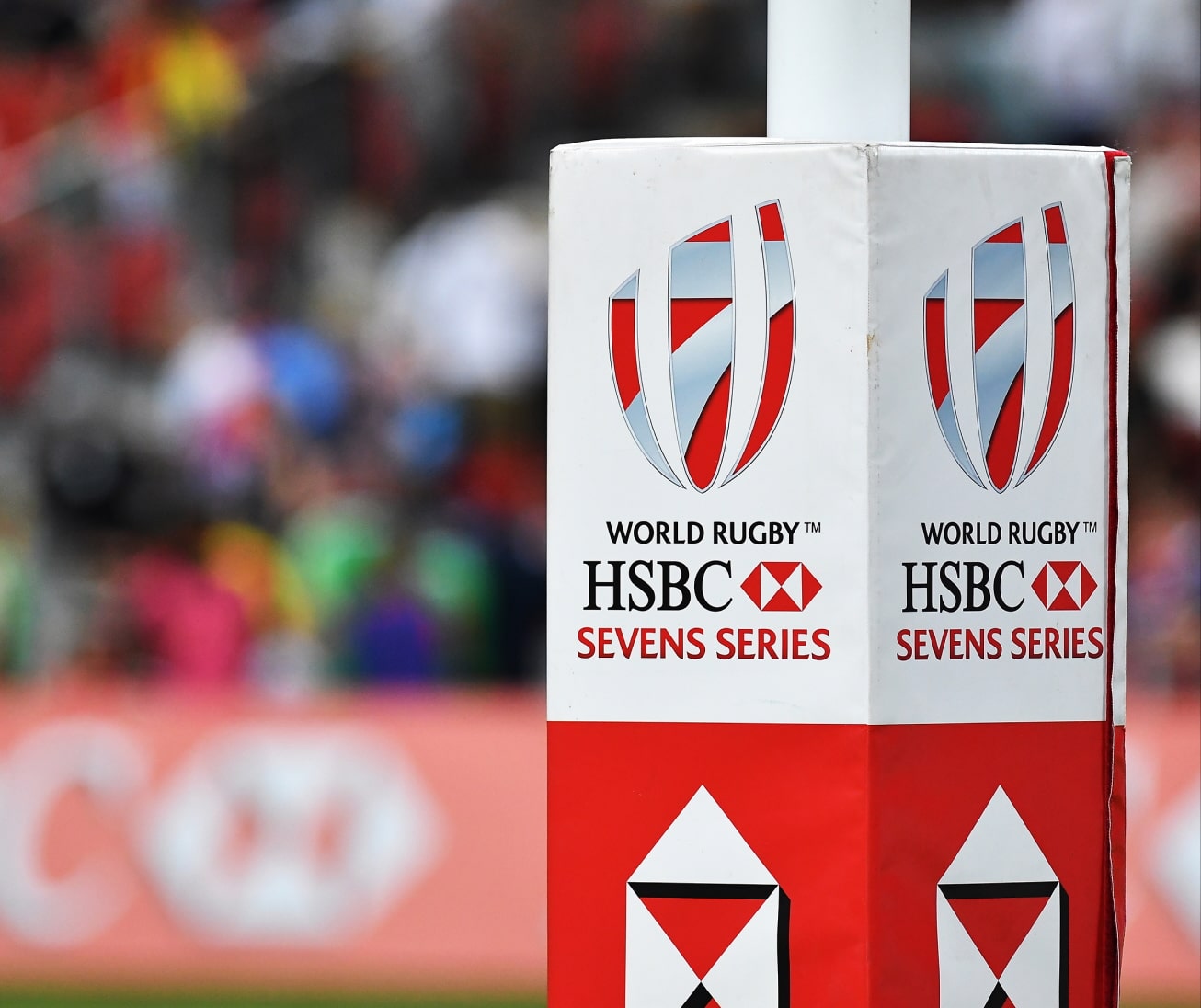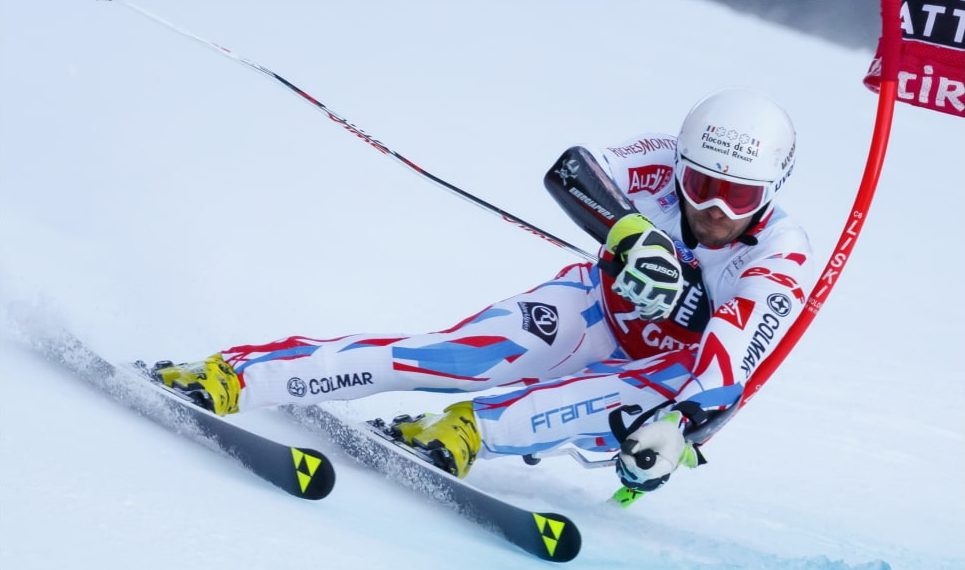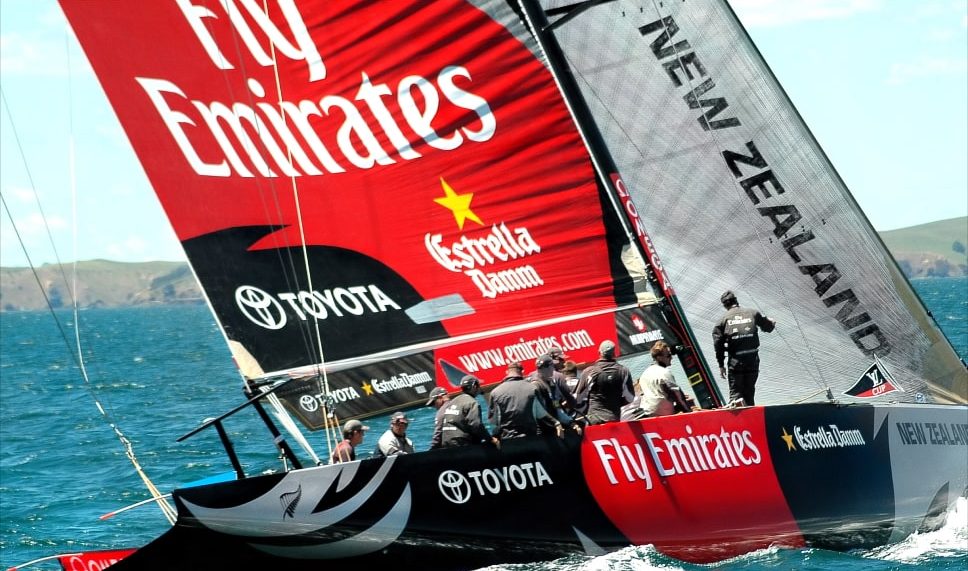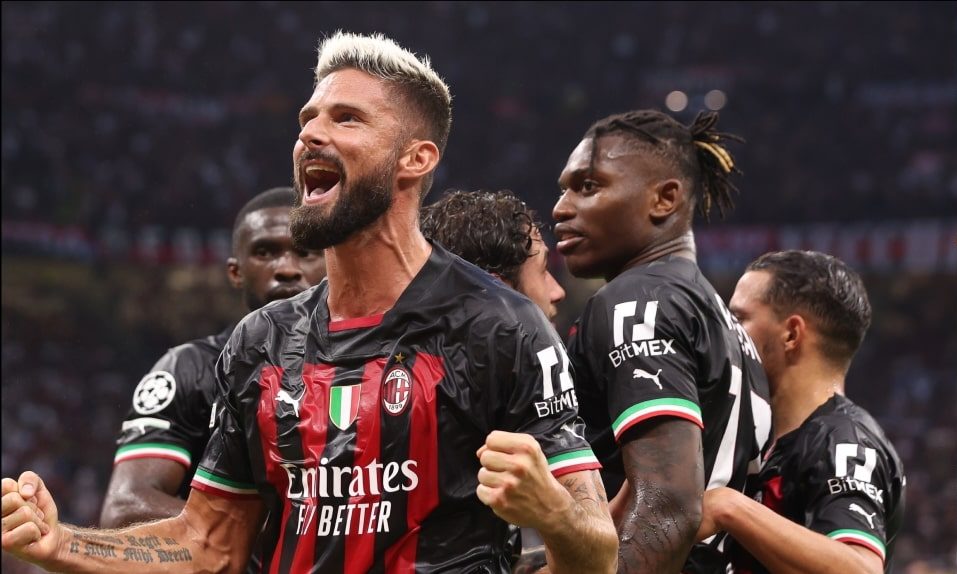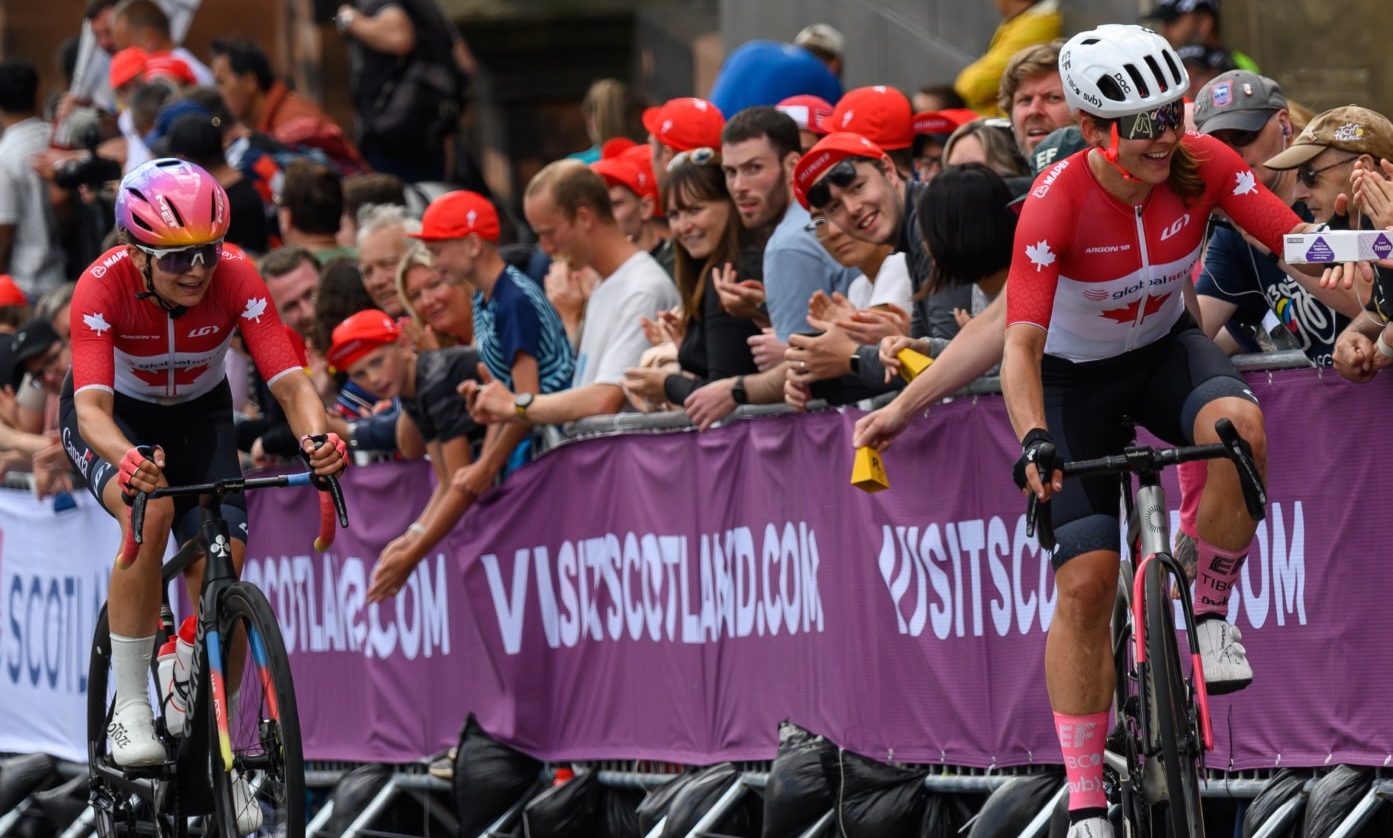

Unlocking growth: How and why sports rightsholders are rethinking their commercial structures
In a rapidly evolving sporting landscape, rightsholders are increasingly reimagining how they structure, govern and commercialise their assets. Through our work, The Sports Consultancy (TSC) and BDO have advised on and witnessed a number of these models firsthand. Our aim is to provide clarity on the “why” and “how” behind these structural shifts, drawing on real-world examples, legal and financial frameworks, and the strategic imperatives driving rightsholders to transform their business models.
Subscribe to receive reports as they are published
Over the course of this series, we examine the growing trend of incubating commercial rights into distinct vehicles, whether to attract investment, optimise decision making by separating political and commercial considerations or unlock revenue growth. We delve into the considerations of doing so, covering financial, legal and tax perspectives. From the creation of entities like Volleyball World and WTA Ventures, to the ringfencing of investment in La Liga and The Hundred, we explore how rightsholders are adapting to investor expectations and market dynamics.
The term rightsholder is broad and refers to any organisation or entity that owns or controls the rights to a sport, event or form of intellectual property (IP). Within this series, we will typically use rightsholder to refer teams, leagues and governing bodies, enabling the use of a range of case studies to ground theory in practice.


A Proven Track Record
TSC brings a proven track record in commercial strategy, rights valuation, rights sales and legal advisory services across a wide range of global sports, whilst BDO provides deep expertise in corporate finance, financial structuring and tax advisory within sport. Bringing together the TSC and BDO services into a combined investment advisory offering, we advise federations, leagues, clubs, investors and IP owners in navigating complex decisions around capital raising, governance reform and commercial optimisation.
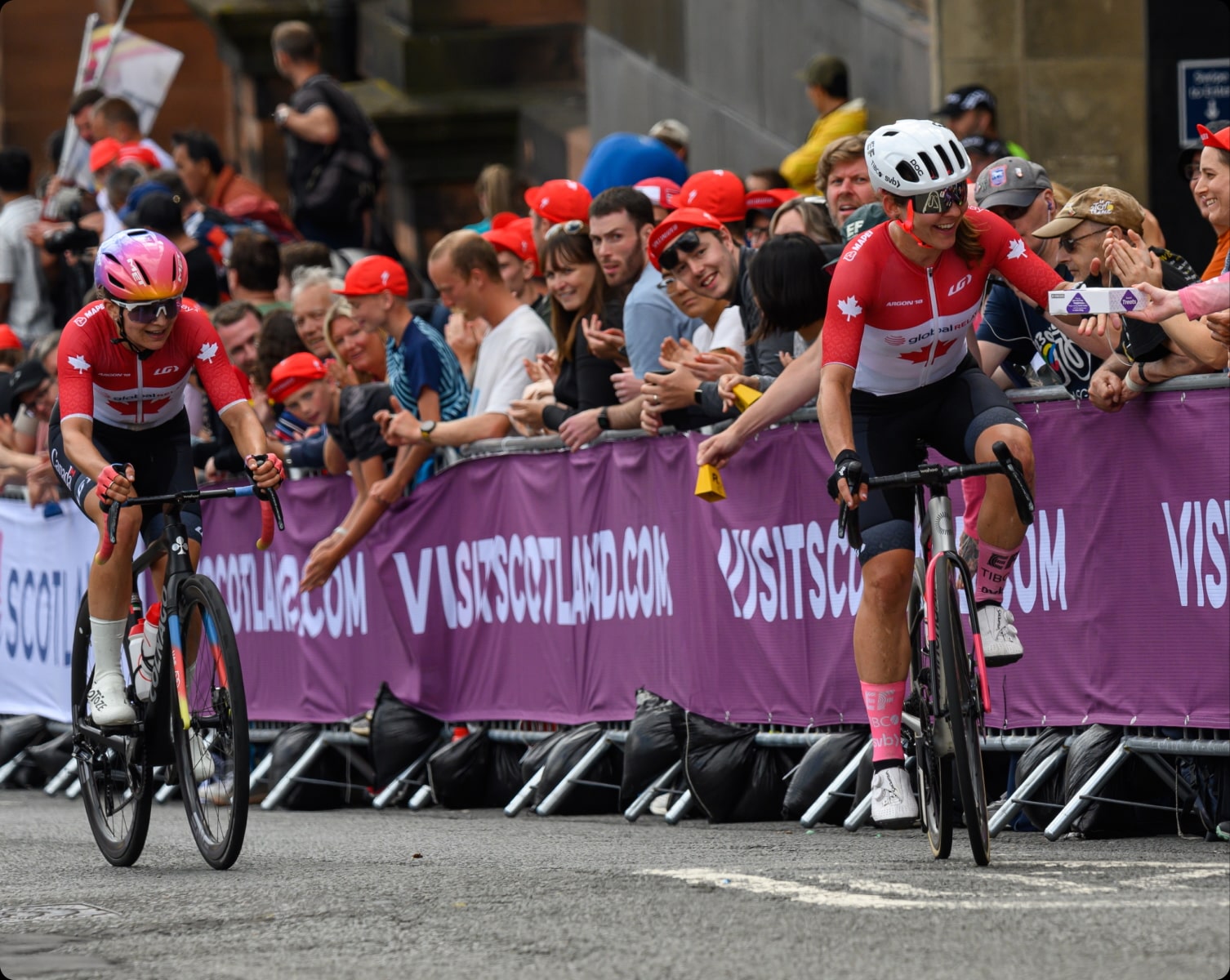
The Rise of Strategic Investment in Sport
In recent years, the profile of the typical sports investor has evolved dramatically. Where once the landscape was dominated by a small circle of high-net-worth individuals, family offices, and landmark deals like CVC Capital Partners’ iconic 2006 investment in Formula One, today’s ecosystem is far more expansive and sophisticated.
Sport is increasingly viewed as an investment-grade asset class, with rightsholders attracting a diverse array of global capital from private equity, private debt, venture capital, sovereign wealth and corporate investors to supercharge their growth. External investment, in theory, offers more than just capital, importing professional discipline, financial rigour and network access, making it attractive for organisations seeking to scale rapidly or professionalise their operations.
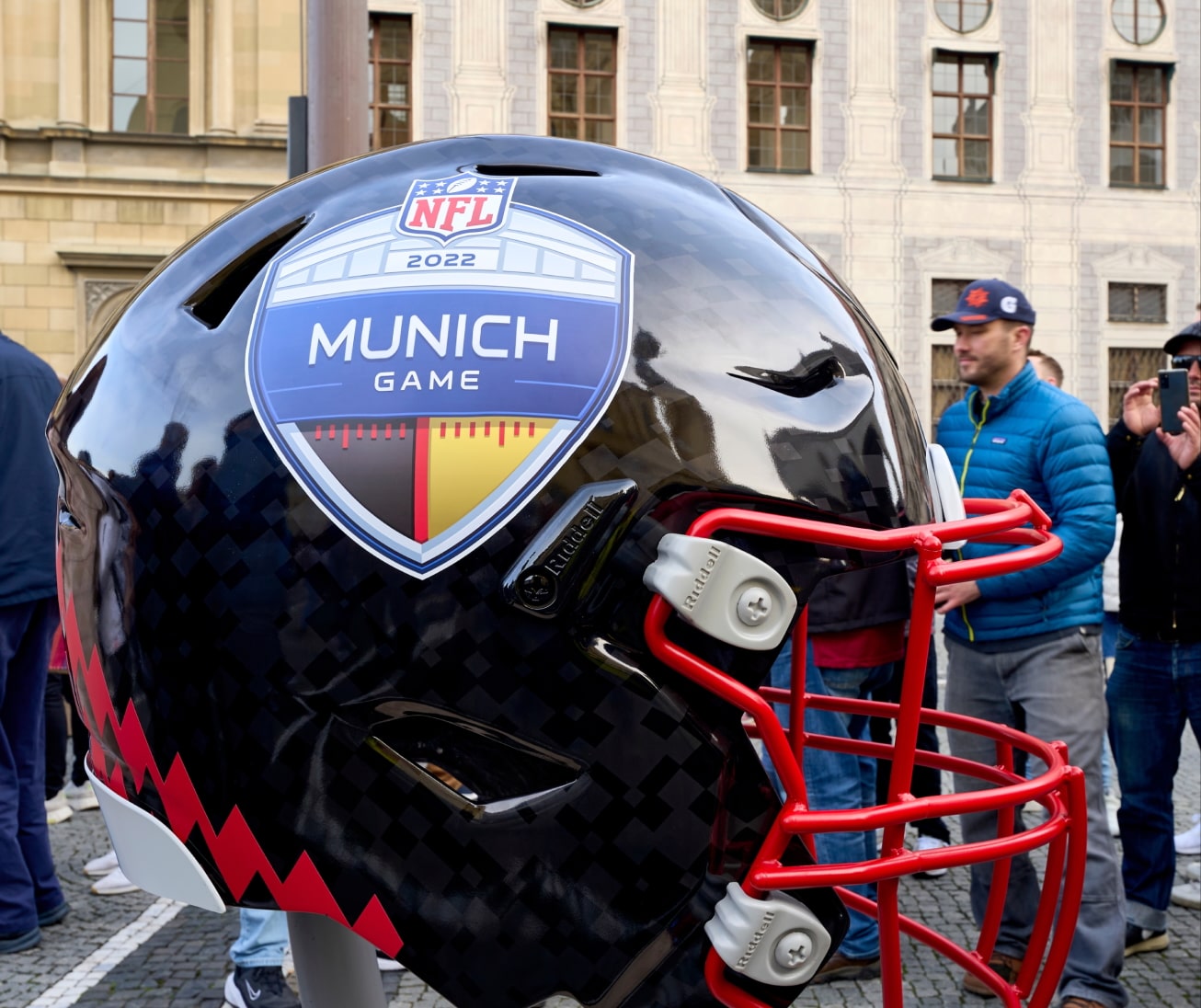
From IP (leagues, teams, commercial rights) to non-IP (real estate and technology), there is a breadth of investment opportunity, drawing in a more diverse and sophisticated investor base. This influx is reshaping the dynamics of deal-making and accelerating structural transformation across the industry, ushering in a new era of professionalisation and innovation.
For rightsholders, this shift reflects a broader recognition that traditional sport delivery, governance and funding models may no longer be sufficient to meet the demands of modern sport. Whether it is to fund digital transformation, expand into new markets, or develop new competitions and formats, rightsholders are increasingly open to external investment as a catalyst for long-term value creation and optimisation.
We hope this series offers valuable perspective on sport’s evolving commercial landscape. Please follow BDO and TSC on LinkedIn to stay up to date with the latest insights, reports and expert commentary throughout this series.
